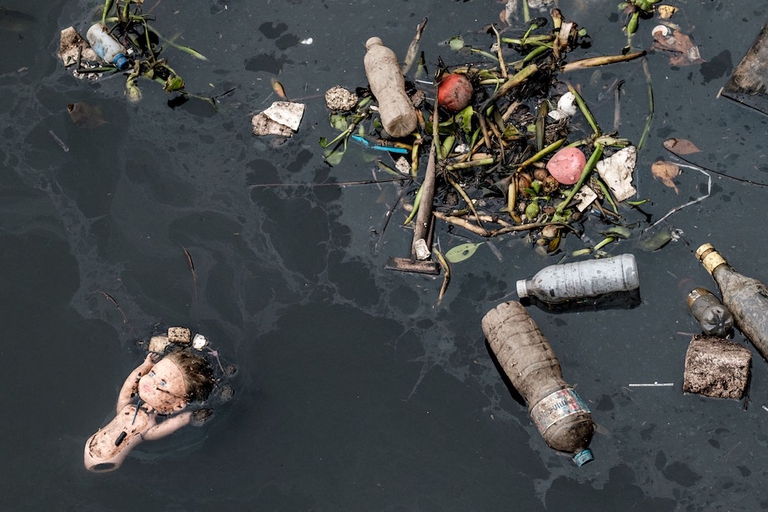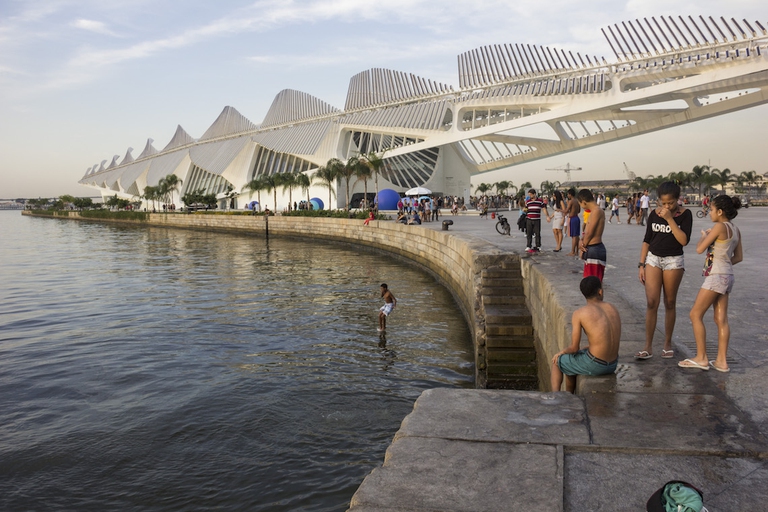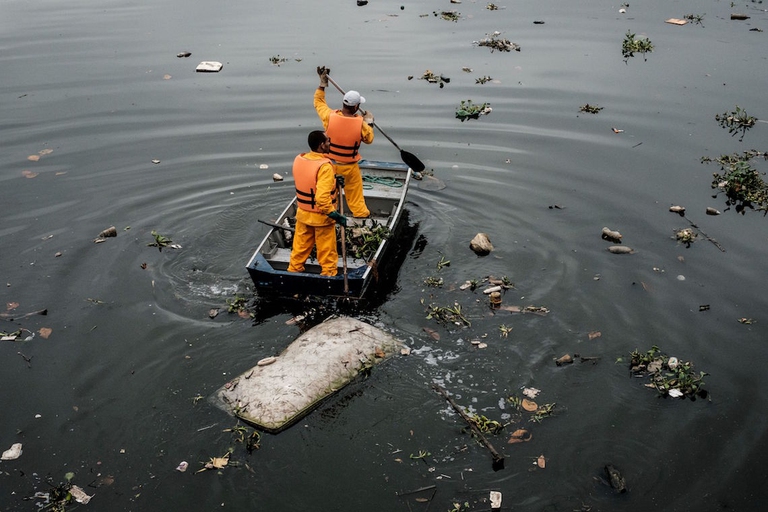
Sharon Lavigne, one of the six winners of the 2021 Goldman Environmental Prize, is fighting to protect her community from plastics corporations.
Tre prove dei Giochi Olimpici si terranno nella baia di Guanabara, dove sono stati riscontrati alti tassi di inquinamento. “Gli atleti rischiano di sentirsi male”.
Guanabara Bay, Brazil, is one of the venues of the Rio Olympic Games, which will be held from 5 to 21 August 2016. The area, though, is so polluted that researchers have issued a warning. “Foreign athletes will literally be swimming in human crap, and they risk getting sick from all those microorganisms,” said Dr. Daniel Becker to the New York Times.
Aside from (seemingly) heavenly beaches in Rio, the quality of water in Guanabara is anything but idyllic. Still, Olympic athletes including swimmers, sailors and windsurfers will compete in this stretch of water. “We just have to keep our mouths closed when the water sprays up,” said with unhopeful irony Afrodite Zegers, a member of the Dutch sailing team.
But this is nothing new. In 2015, during a sailing competition in the Bay, organisers reported that 25 per cent of athletes were affected by nausea and diarrhoea. On the other hand, 2016 Olympic Games organisers minimised the situation by saying that all the areas meet the World Health Organisation’s standards.
The promises made by Brazilian authorities 7 years ago haven’t been kept. The government had claimed that 80 per cent of the Guanabara Bay would be decontaminated and that 4 billion dollar would be funded for a huge clean-up. But only 170 million have been given.
There’s more. Some scientific analyses conducted by the University of Rio de Janeiro show that the stretches of land delimiting the bay, which will be stormed by tourists and attendants over the course of the Olympic Games, are polluted and filthy as well.
Siamo anche su WhatsApp. Segui il canale ufficiale LifeGate per restare aggiornata, aggiornato sulle ultime notizie e sulle nostre attività.
![]()
Quest'opera è distribuita con Licenza Creative Commons Attribuzione - Non commerciale - Non opere derivate 4.0 Internazionale.
Sharon Lavigne, one of the six winners of the 2021 Goldman Environmental Prize, is fighting to protect her community from plastics corporations.
Plastic pollution is airborne too. Microplastics are being carried across continents by the wind, as a recent study reveals.
Levels of particulates in New Delhi in 2020 were once again far above safety thresholds, with extremely serious health consequences for its citizens.
A major oil spill in the Ecuadorian Amazon in April has left the Coca River polluted. The indigenous Kichwa are suing the companies whose pipelines broke.
Molecules that eat up plastic waste, including PET bottles, may soon become widely used as scientists leap ahead in developing new super enzymes.
In Italy’s Land of Fires between Naples and Caserta, activists like Carmen Medaglia are fighting to promote new ways of managing waste.
Toxic substances in Kamchatka’s waters have killed 95% of marine fauna and caused health problems for surfers. The causes, however, are still unknown.
A Magellanic penguin was found lifeless on a Brazilian beach: in its stomach, an N95 face mask. Researchers believe the animal died from ingesting it.
The drop in air pollution during worldwide lockdowns helped prevent thousands of premature deaths. But the situation is returning to pre-crisis levels.










